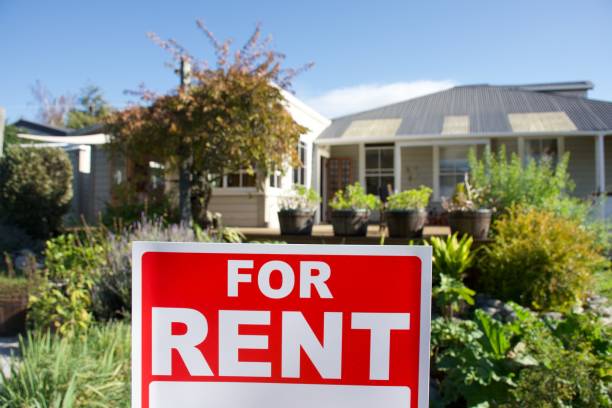Posts by Jaxon Texas
Recognizing How Demographics, Zoning, and Redistricting Affect Real Estate Investment Strategies
Real estate investors who aim for long-term success must consider more than rental rates and property values when making informed investment decisions. Understanding larger structural elements within communities: redistricting, regulations on zoning, and demographic shifts due to census data can all have significant effects on property value, tenant demand, potential development plans as well as…
Read MoreHow Up-to-Date Housing Forecasts Influence Smart Investment Plans
Real estate investors must understand housing market projections to adapt to economic and inflation trends, balancing them with local knowledge and long-term planning. While predictions offer valuable insights, they should not be used as sole guidance for high-stakes investments. Successful investors must balance projections with local knowledge, diversify portfolios, and protect assets from risks arising…
Read MoreThe Significance of Construction Trends and Building Permits to Real Estate Investors
Understanding housing and development markets involves more than just tracking price trends or rental returns. Building permits and construction starts provide insights into market activity, providing a comprehensive view of real estate supply, regional expansion, and market saturation. These metrics are crucial for property managers and investors, as they influence rental rates, values, maintenance planning,…
Read MoreRe-evaluating Real Estate Approaches: How Trends in Remote Work are Changing Property Management
Real estate professionals and property managers are witnessing a rise in remote work, particularly portfolio management. As more employees work remotely, tenant expectations and demand levels have shifted. Property managers must adapt their strategies to stay updated with changing preferences, demographic migration trends, and technological requirements. This requires understanding remote working statistics and being flexible…
Read MoreHow Local Laws Affect Who Can Manage, Sell, or Lease Your Property: A Guide to Property Licensing Laws
State licensing laws for residential and commercial real estate vary significantly, impacting who can manage, lease, or sell a home. These regulations ensure property professionals meet minimum standards of knowledge, experience, and ethical conduct. Noncompliance can lead to legal ramifications, financial penalties, or missed business opportunities. Property owners must understand local or state regulations to…
Read MoreRegulation of Unlicensed Units in Rental Assistance Programs by Housing Authorities
Section 8 housing assistance programs provide affordable rental housing to low-income families in America. However, unlicensed or non-compliant rental units persist, complicating distribution processes and posing risks to tenants. Housing authorities play a crucial role in upholding program integrity, but what happens if rental properties don’t meet safety or legal standards? The Housing Choice Voucher…
Read MoreTaking Responsibility for Illegal Apartment Listings in Online Rental Marketplaces
Digital real estate platforms have revolutionized the way landlords and renters connect, offering convenience and visibility across millions of listings. However, they also create illegal apartment listings that violate housing codes, zoning laws, and tenant protection statutes. When renters lease these illegal listings, accountability becomes more prominent, with legal or ethical responsibility falling on multiple…
Read MoreBest Practices for Financial Accuracy in HOA Management: Avoiding Expensive Accounting Errors
Homeowners Associations (HOAs) require high levels of accuracy, accountability, and transparency from their board members and residents alike. Even minor accounting errors can have devastating repercussions for both sides. It isn’t just about keeping numbers organized but ensuring compliance with laws as well as creating financially healthy communities. Having a well-structured accounting system with safeguards…
Read MoreCreating a Stylish Rental Home While Adhering to HOA Rules: Finding a Balance Between Originality and Compliance
Creating stylish rental properties while adhering to Home Owner Association (HOA) requirements, owners and managers must strike a balance between compliance and creativity. HOAs protect community aesthetics and functionality, and failure to meet standards could result in fines or tenant dissatisfaction. Successful development requires strategic planning, communication, and knowledge of relevant regulations, ensuring high-quality, tenant-friendly…
Read MoreSelecting an Accounting Method that Best Suits Property Management Success
Choosing the right accounting method for property ownership is crucial for tax planning, financial management, and long-term investment success. Cash basis and accrual base are popular approaches, each offering advantages based on owner goals and property type, scale, and scope of operations. Cash basis accounting is a popular method for small landlords and property owners,…
Read More









